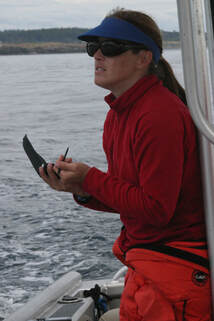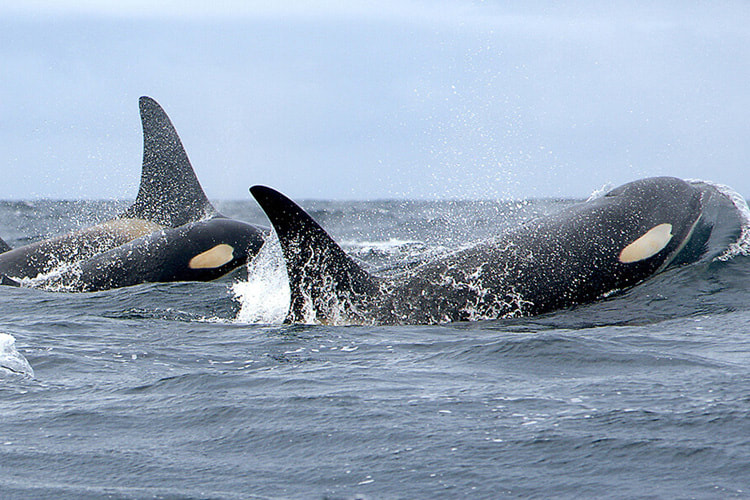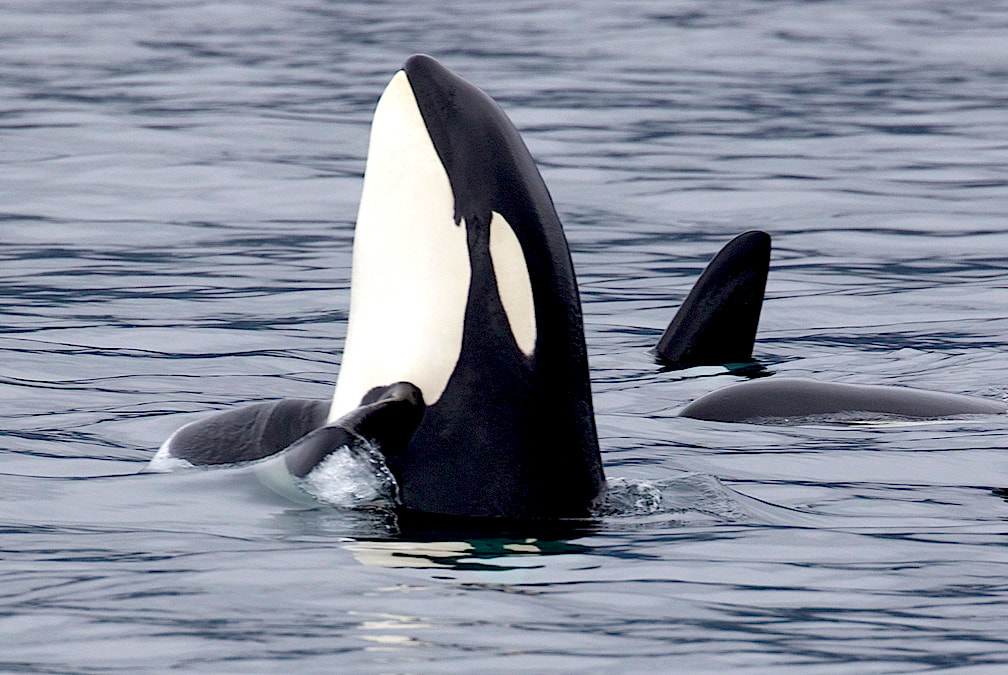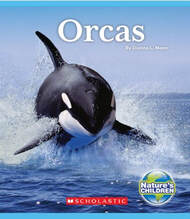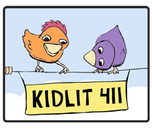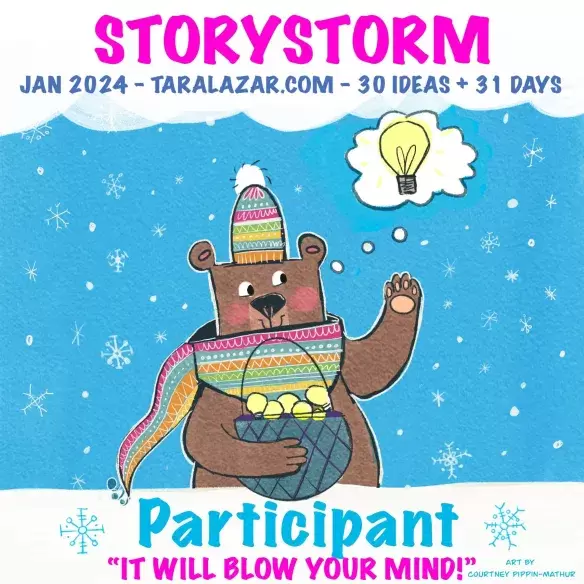In 2019, my book, ORCAS, was published by Scholastic Press in their Nature's Children Series. I really, really, REALLY enjoyed doing the research for this book, and many orca scientists helped along the way, including Dawn P. Noren, a research fishery biologist with NOAA. I so appreciated her expertise-sharing that I sent her (and her kids) one of my scarce five author copies. It is now my privilege to interview Dawn, and in a following post to share what her kids thought of my book.!
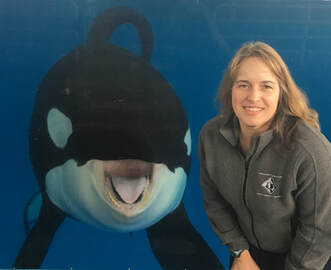
No problem, Dionna. Happy to be here.
So, at what point in your life did you decide to become a cetologist (a scientist who studies whales)?
I have been interested in dolphins since I was about 8 or 9 years old. I initially wanted to study behavior but realized during my senior year of undergrad that I should probably study physiology. An interesting fact is that studying the physiology of wild, free-ranging whales and dolphins is very difficult to do since they are in the water their entire lives. I studied thermoregulation and diving physiology of trained bottlenose dolphins in the Bahamas for my master's degree, but switched to studying wild northern elephant seal fasting physiology in California for my PhD degree because of how much easier they are to study since they haul out on the beach for long periods of time. I also studied Steller sea lions in Alaska for my post-doctoral work and then returned to studying cetaceans when I landed my current job conducting research on killer whales.
Any particular childhood experience cement your love for orcas?
I really liked bottlenose dolphins when I was younger. This was based on marine life shows and documentaries I saw on TV and learning about the plight of dolphins and their interaction with the tuna fishery. I was impressed by the size of killer whales when I first saw one at SeaWorld San Diego during a trip I took while in college.
During my later years in college, I interned at the National Aquarium in Baltimore, first on the fish side and then with the dolphins and seals. Before that time, I had considered becoming a marine mammal trainer. That second internship with the marine mammals made me realize that I preferred studying them, rather than training them. I was intrigued by the challenge of trying to figure out how they, as warm-blooded, air-breathing mammals, adapted so well to their aqueous environment. I also wanted to conduct research that would be important for conservation.
As an orca scientist, what type of research do you do, and why do you love it?
I classify myself as a physiological ecologist. That is someone who studies how an organism's physiology allows it to function in its environment and how the organism's environment affects the organism's physiology. Because of this, I work on many different kinds of research projects, but most focus on quantifying and understanding the factors that impact the endangered Southern Resident killer whale population. I have conducted studies investigating killer whale behavioral responses to vessels; the energetic cost of dolphin and killer whale responses to vessels (increased swimming speed, performing surface active behaviors, and producing/increasing loudness of whistles and clicks); how body morphometric measurements (think BMI in humans) reflect killer whale condition and health; how much food killer whales need to eat; and how female killer whales pass contaminants to their calves during pregnancy and through their milk during the nursing period. Many physiological studies are impossible to conduct on wild killer whales, due to accessibility issues, so I have relied on studying trained bottlenose dolphins and killer whales for several of the research projects listed.
Even though I am a person that studies cetaceans, I have a very broad background in science. Science and math classes, including calculus, are important! That was also evident in college. I had to take physics, biology, physiology, organic chemistry, inorganic chemistry, genetics, statistics, and other science classes in college. Things have changed a lot since I was in school, but besides realizing if you like/can handle math and science classes in middle school and high school, there isn't much more a younger person can do, unless there is an internship opportunity. Those may be limited to older students, though.
What lesson(s) on living a good life has orca behavior taught you?
Their social structure is amazing. Family is very important, and they help their kin. They share food with each other, babysit each other's calves, and help other individuals in need. It is a beautiful, good way to live.
Thanks for sharing your story with us, Dawn. I so appreciate it! Stay well, you and yours.
My pleasure, and you too!
